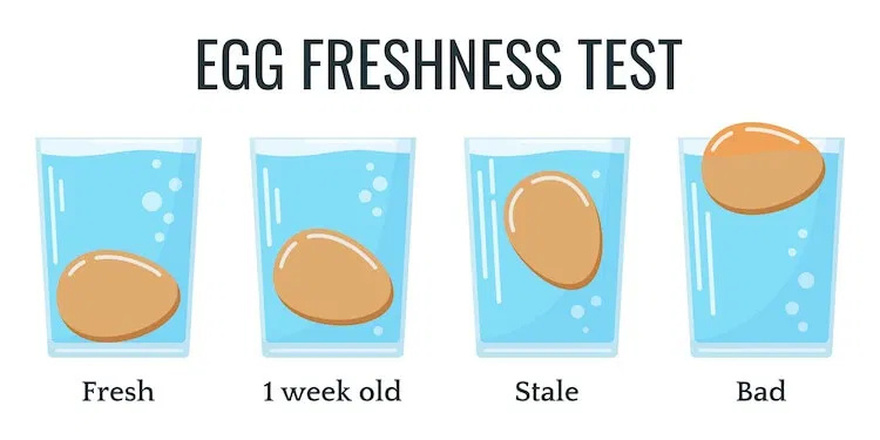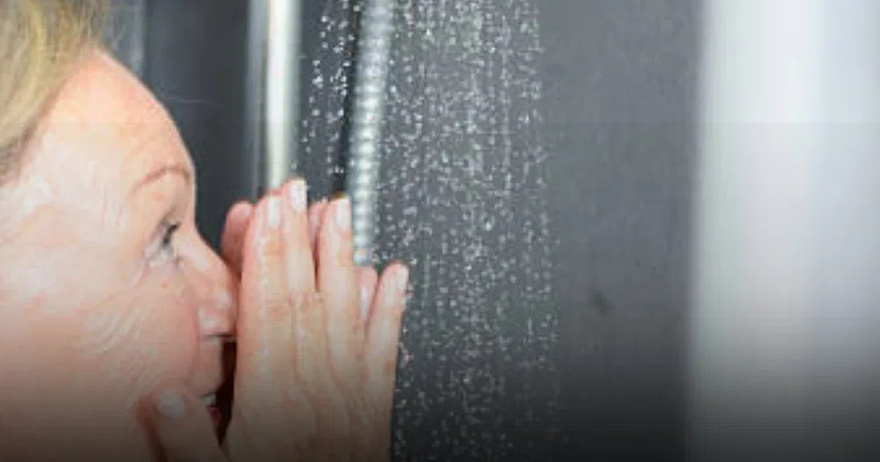How to Tell If Your Eggs Are Fresh: A Complete Guide
Eggs are one of the most flexible and essential ingredients in any kitchen. Whether whipping up a quick breakfast or baking a cake, eggs are often the foundation of countless recipes. However, the freshness of eggs can significantly affect how your dish turns out.
So, how can you tell if the eggs sitting in your fridge are still good? Luckily, there are a few tried-and-true methods to determine whether your eggs are still safe and fresh. From simple tricks to science-backed techniques, this guide breaks down the best ways to check the freshness of chicken eggs.
Why Egg Freshness Is Important
Before diving into methods, it’s key to understand why egg freshness matters. Fresh eggs taste better, have a firmer texture, and perform better in recipes. As eggs age, their whites become thinner, and the yolks flatten, which can negatively impact both appearance and texture.
Older eggs may be fine for hard-boiling, but for recipes like poached eggs or soufflés that depend on structure, fresh eggs are best. Also, older eggs might have a stronger sulfur-like smell, making them less pleasant to work with.
The Most Reliable Method: The Water Test
Among all the methods for testing egg freshness, the water float test stands out as the most accurate and widely used. It’s easy to do at home and relies on how buoyant an egg becomes as it ages.

How to Do the Water Float Test:
1. Fill a Bowl with Cold Water
Use a deep bowl and fill it with cold water.
2. Place the Eggs Gently in the Bowl
One by one, add your eggs into the water.
3. Watch How They Behave
Fresh eggs will sink and lie flat on the bottom.
Slightly older eggs will stand upright but still stay at the bottom.
Spoiled eggs will float to the surface and should be discarded.
Why It Works:
As eggs age, air seeps in through the porous shell, increasing the size of the air cell inside. The larger the air pocket, the more the egg floats. This method uses the natural change in buoyancy to help you gauge an egg’s age.
Note: While floating usually signals spoilage, it’s still smart to crack the egg open and check for smell or unusual appearance if in doubt.
Other Simple Ways to Check for Freshness
Though the float test is the most accurate, there are a few other quick checks you can use:
The Smell (Sniff) Test
The easiest and most obvious method: a bad egg smells bad. A rotten egg has a strong, foul odor, often likened to sulfur.
To do this test:
1. Crack the egg into a bowl.
2. Take a quick sniff. If it smells off or sour, toss it immediately. A fresh egg has no noticeable smell.

The Shake Test
Hold the egg up to your ear and gently shake it.
If you don’t hear anything, the egg is likely fresh.
If you hear sloshing, it’s a sign the inside has become watery over time, indicating it’s older.
Women’s Disc Golfer Storms Off Field After Refusing To Compete Against Trans Rival.
Depressed People Use These 7 Words More Often
Just one spoon and you’ll run to the bathroom and release all the poop stuck in your body.
Devastated Dad Speaks Out After Infant Daughter Killed by Family Dog – ‘I’d Give My Life to Bring My Baby Back’





























